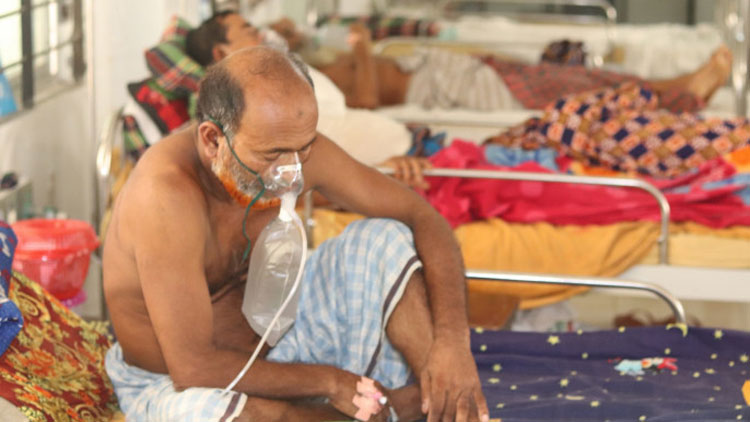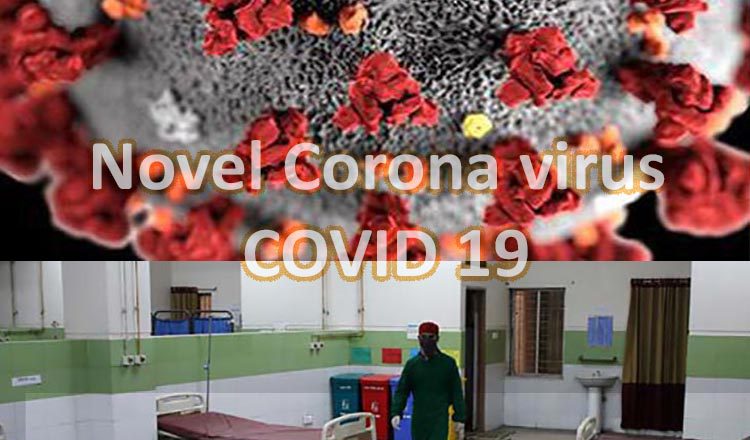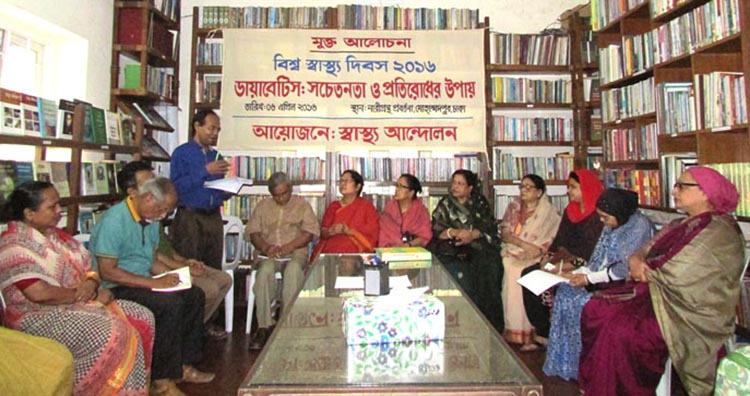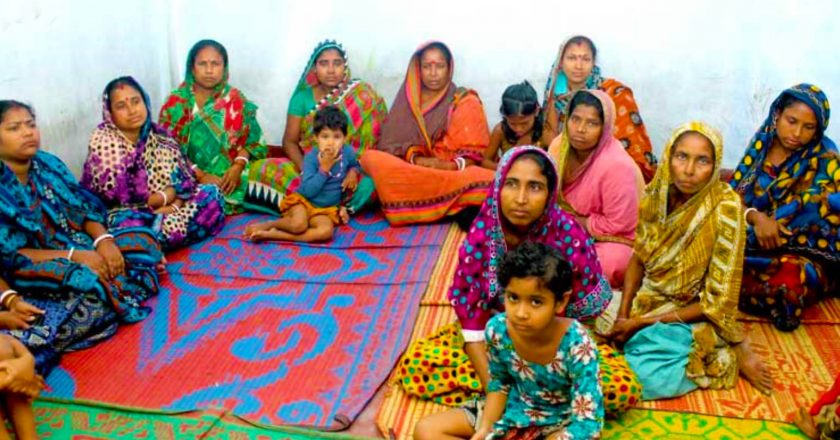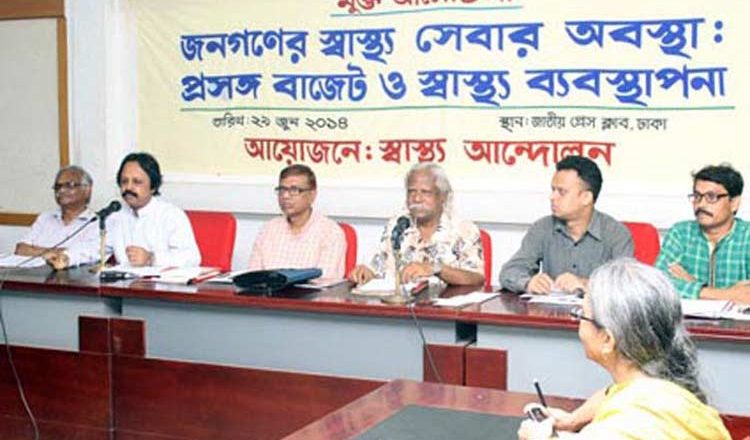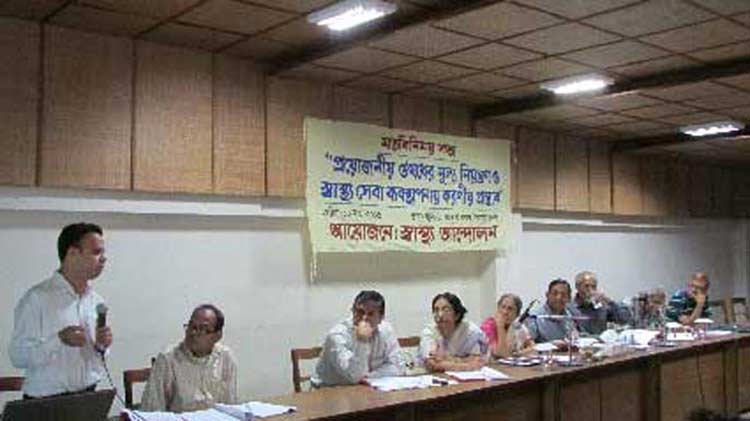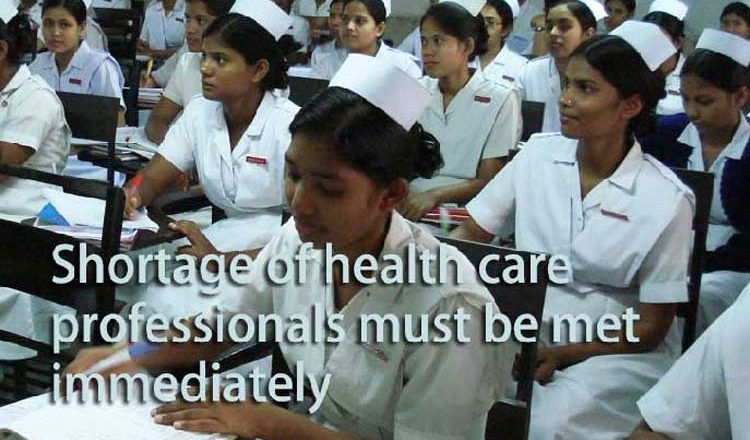Oxygen crisis and the fault in our healthcare system
Farida Akhter || Friday 09 July 2021
A lack of oxygen support systems in Bangladesh’s public healthcare system are a serious detriment in the battle against Covid-19
The government did not use the time they had over one year to enhance the facilities at the district hospitals with equipment and human resources.
Deaths from Covid infections are rising at an alarming rate in district hospitals. During the first week of July, the deaths per day rose to record levels in Bangladesh since the Covid pandemic began. On 5 July,164 deaths were recorded, the highest number yet. We can only hope it does not increase further.
In 2020, the death toll was the highest in the Dhaka division, particularly in the metropolitan Dhaka city. But with the rise of infections in the surrounding di...
